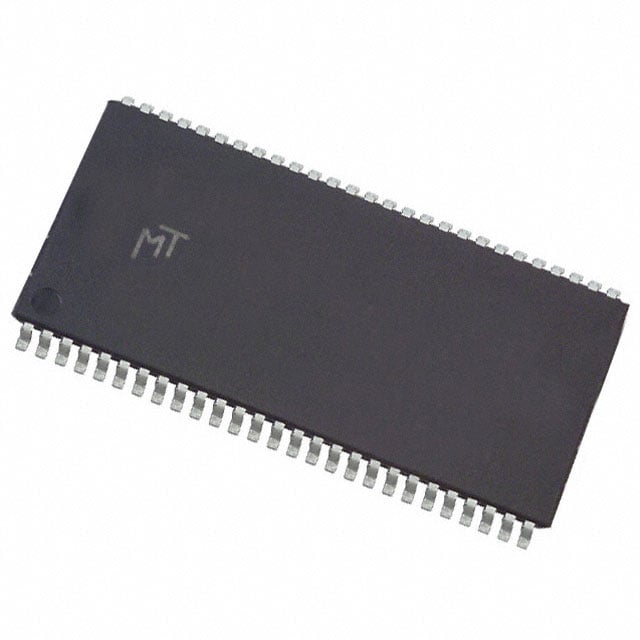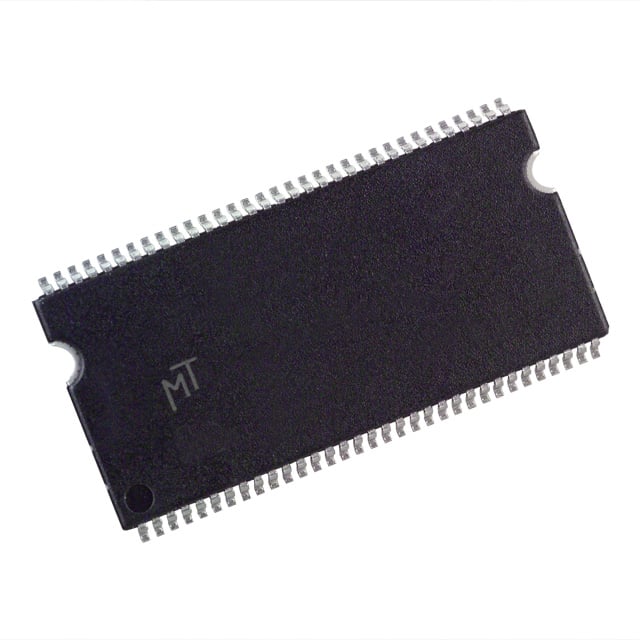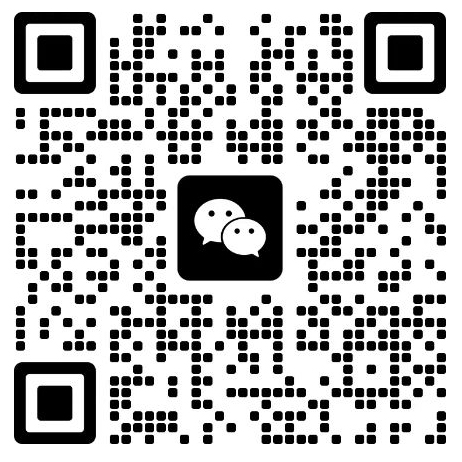ASML CEO visits South Korea or talks with Samsung to discuss cooperation, Intel CEO will also visit TSMC again
 2022-04-06 16:34:44
2022-04-06 16:34:44  834
834News on April 4, according to foreign media reports, Intel CEO Henry Kissinger is leaving for Asia to visit customers and suppliers. The trip will also include a visit to Taiwan, China, and a visit to TSMC, his second meeting since meeting with TSMC executives in December. In addition, Peter Wennink, CEO of ASML, a Dutch semiconductor equipment manufacturer, is also discussing cooperation with local leading wafer fabs in South Korea. Judging from the frequent actions of Intel and ASML executives in Asia, it also highlights that the two major factories are aware of Asia's important position in the global semiconductor industry.
Intel CEO Henry Kissinger revisits Asia
Asia has always been a global PC production powerhouse, but it is also an important market. However, the recent PC industry chain has encountered "headwinds", Intel, as the world's PC processor leader, is also developing the graphics card market, naturally also pay close attention to this. The industry believes that Kissinger's return to Asia after only four months may be to consolidate the confidence of partners in the PC industry chain.
In response to the news of Kissinger's recent revisit to Asia, Intel said yesterday (5) that under the premise of the new crown epidemic prevention and control, Kissinger and other members of the company's team will increase local interaction with employees, customers, partners, supplier partners, and other major stakeholders around the world.
Intel noted that these interactions and meetings are critical as companies work with other members of the industry to drive innovation and contribute to global supply chain balance and resilience.
Sources said Kissinger's trip to Asia will also go to Japan and India. At a time when the semiconductor industry is being disrupted by the global coronavirus pandemic and geopolitical turmoil, Kissinger is trying to get Intel into foundry and shake up the entire industry.
In addition to TSMC, Intel has other important suppliers in Taiwan and Japan, including Tokyo Electron, Japan's largest semiconductor film forming and etching equipment company, Ibiden, a major circuit board/IC substrate manufacturer, and Xinxing, an ABF carrier board factory in Taiwan.
Kissinger announced last month that Intel would open fabs in Ohio and Germany. He called for greater investment to expand chip capacity in North America and Europe, and to make supply chains, mostly concentrated in Asia, more resilient.
Kissinger last visited Taiwan in mid-December last year before moving to Malaysia to announce investment plans there. It is rumored that he held talks with TSMC executives during his visit to Taiwan, and the outside world speculated that advanced process cooperation should be discussed. Subsequently, it was rumored that TSMC was preparing to build an exclusive 12nm process production line for Intel in Hsinchu, but neither side commented on this.
At that time, Kissinger's visit to Taiwan was not publicly unveiled because of epidemic prevention measures, but he released a pre-recorded video, especially praising TSMC in many ways to help Intel and the industry develop the possibility of chips and create unprecedented products. He also stressed that Intel will continue to invest in Taiwan.
After Kissinger took office, Intel promoted the IDM2.0 strategy, including three major directions, one is to continue to produce most products in-house, expand the capacity of its own fab, the second is to expand the provision of wafer foundry services, and the third is to expand the use of third-party wafer foundry capacity.
ASML CEO Winningk visits South Korea
According to Yonhap News Agency reported on April 4, Wen Ningke, CEO of Dutch semiconductor equipment manufacturer ASML, is currently discussing cooperation with local head fabs in South Korea.
The industry speculates that Winningk's contact should be dominated by the two Korean semiconductor giants of Samsung and SK Hynix, and the most noteworthy of this is the cooperation with Samsung. As ASML masters the extreme ultraviolet (EUV) lithography machine necessary for advanced semiconductor processes, ASML has previously predicted that equipment shipments this year will be in short supply, and the global EUV equipment supply is tight.
ASML said Winningk was visiting South Korea for a chip settlement and meeting with the company's local employees. A spokesperson for ASML said no formal meetings with key customers were scheduled this time. At a time when there is an ongoing shortage of chips, ASML is expanding its presence in South Korea.
Wenninke visited Hwaseong, about 4 kilometers south of Seoul, local time on the 40th local time, and discussed with city officials the semiconductor settlement currently under construction and the way to cultivate local talent. City officials quoted Winningk as saying: "With the strong support of the city, the ASML Hwaseong semiconductor cluster is progressing smoothly. City officials also said Mr. Wenninke said he would continue to work closely with the city.
Last November, ASML signed a memorandum of understanding with Hwaseong to invest 11 billion won ($2 million) to build a 400,2-square-meter chip settlement by 12. These facilities include an office that can accommodate up to 2024,16 employees, as well as a training and repair center for EUV machines.
Editor: Xinzhixun-Lin Zi








